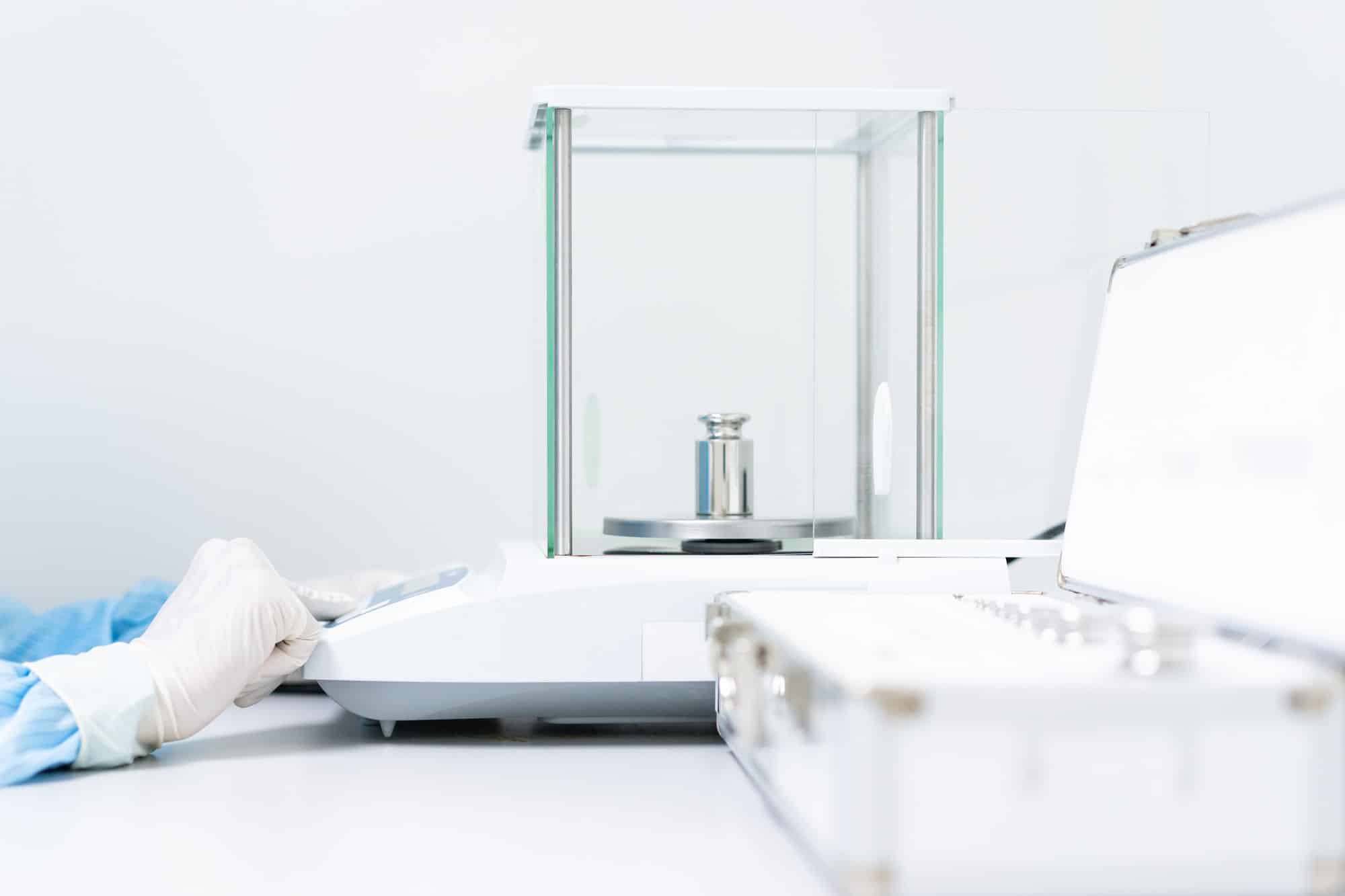Can You Enhance Your Audi Q7’s Traction with All-Wheel Drive Calibration?

Experience the confidence of driving your Audi Q7, knowing that you have optimized its capabilities to suit your driving needs. As an Audi owner, it is essential to understand how your car’s systems work together to provide the best driving experience. One crucial system, the All-Wheel Drive, also known as the Quattro system, plays a significant role in your car’s handling and stability. But can you enhance your Audi Q7’s traction with All-Wheel Drive calibration? In this detailed article, we delve into this topic, offering a comprehensive overview of the Quattro system, its benefits, and how calibration can improve your driving experience.
Understanding the All-Wheel Drive System in Your Audi Q7
Before we answer the key question, let’s first understand the All-Wheel Drive (AWD) system in your Audi Q7. This system, also known as the Quattro, is a proprietary system developed by Audi that provides enhanced traction and handling capabilities to the car.
A lire également : What’s the Most Efficient Way to Improve Ground Clearance on a Subaru Outback for Off-Roading?
The Quattro system works by distributing power to all four wheels of your Audi, allowing the car to maintain traction even in challenging driving conditions. This system is continuously active, sensing the driving conditions and adjusting the power distribution to the wheels accordingly. It achieves this by monitoring parameters like wheel speed, steering angle, and lateral acceleration.
In normal driving conditions, the Quattro system distributes power in a 40:60 ratio to the front and rear wheels, respectively. However, it can quickly adjust this distribution, sending up to 70% of the power to the front wheels or up to 85% to the rear wheels if needed. This flexibility allows your Audi Q7 to maintain its grip and stability, even on slippery or uneven roads.
Cela peut vous intéresser : How to Install a Wind Deflector for Reduced Cabin Noise in a Mazda MX-5?
Relevance of Tyres in Enhancing Traction
Your car’s tyres are another crucial factor to consider when seeking to enhance traction. The right tyres, appropriately inflated, can significantly influence your Audi Q7’s handling and drive comfort.
In essence, the tyres are the only part of your car that has direct contact with the road surface. They must, therefore, be in good condition to provide the necessary friction that translates into traction. Your choice of tyres, their tread pattern, and pressure all impact the overall traction in varying degrees.
For your Audi Q7, it is recommended to use high-performance tyres that can withstand the car’s weight and provide sufficient grip. Regularly check your tyre pressure to ensure it is within the recommended limits. Overinflated or underinflated tyres can negatively affect your car’s traction and fuel efficiency.
All-Wheel Drive Calibration: What Does it Entail?
Now, let’s delve into the crux of the matter: All-Wheel drive calibration. In simple terms, calibration involves adjusting your Audi Q7’s Quattro system to optimize its performance. It is a process that requires specialized equipment and should ideally be carried out by a trained Audi technician.
During calibration, the technician will use diagnostic equipment to assess the current state of your Audi’s Quattro system. They will then adjust the system parameters to optimize power distribution based on your driving style and common driving conditions.
For instance, if you typically drive on slippery roads, the technician may adjust the Quattro system to distribute more power to the rear wheels, enhancing traction and stability. This personalized calibration can significantly improve your driving experience, allowing your Audi Q7 to adapt better to your driving needs.
Benefits and Considerations in All-Wheel Drive Calibration
All-Wheel Drive calibration has several benefits. Firstly, it can significantly improve your car’s handling and stability, making it safer and more enjoyable to drive. It allows your Audi Q7 to adapt better to varying driving conditions, enhancing its performance and responsiveness. Moreover, since the calibration is tailored to your driving style, it can result in improved fuel efficiency.
However, it is essential to note that All-Wheel Drive calibration should not be considered a substitute for regular car maintenance. Regularly checking your car’s tyres, brakes, and other essential systems is still necessary to maintain its performance and longevity.
Also, remember that the calibration process requires specialized equipment and should be carried out by a trained Audi technician. Attempting to calibrate the system yourself can risk damaging your car’s Quattro system or voiding its warranty.
In conclusion, while All-Wheel Drive calibration can enhance your Audi Q7’s traction, it does not replace the need for proper tyre selection and regular car maintenance. With a correctly calibrated Quattro system and the right set of tyres, you can enjoy an improved driving experience with your Audi Q7. However, always seek professional advice before making any modifications to your car’s systems.
How Does All-Wheel Drive Calibration Impact Driving Dynamics?
Now that we’ve gained a fundamental understanding of how the All-Wheel Drive system operates and the importance of tyres for enhancing traction, let’s delve into how All-Wheel Drive calibration affects the driving dynamics of your Audi Q7.
As mentioned earlier, the calibration process involves adjusting the parameters of the Quattro system to enhance the vehicle’s performance based on your driving needs. As a result, it will directly impact your car’s driving dynamics.
For instance, if the calibration process adjusts the power distribution to favour the rear wheels, your Audi will tend to show characteristics of a rear-wheel-drive vehicle. This could lead to enhanced stability and traction while driving on slippery surfaces or during harsh weather conditions.
Furthermore, the calibration process can be tailored to suit your specific driving style. If you are an aggressive driver who enjoys driving at high speeds, the technician might calibrate your Quattro system to distribute more power to the front wheels. This adjustment can enhance the vehicle’s responsiveness and acceleration.
You might be wondering, “Will this work for all Audi models?” The answer is yes. Although the calibration process might differ slightly across different models, it essentially aims to optimize vehicle performance using the same principles.
Conclusion: Enhance Your Audi Q7’s Traction with All-Wheel Drive Calibration
Taking into account what we have discussed, it’s clear that All-Wheel Drive calibration can indeed enhance your Audi Q7’s traction. This process adjusts the Quattro system’s parameters to distribute power effectively to the front and rear wheels, improving the vehicle’s driving dynamics.
The benefits of this calibration extend beyond just enhanced traction. It can make your Audi Q7 safer, more enjoyable to drive, and potentially improve fuel efficiency. However, it’s crucial to remember that this procedure should be carried out by a trained Audi technician.
Moreover, it’s key to stress that calibration is not a substitute for regular vehicle maintenance. Always ensure that your tyres are in good condition and appropriately inflated. Opt for high-performance tyres like the Michelin Pilot Sport for optimal grip and traction. Regularly checking and maintaining your brake system and other vital vehicle components also remain essential.
Originally posted on the 9th of March, 2024, this article aims to educate Audi Q7 owners about the potential benefits of All-Wheel Drive calibration. Remember, the right calibration, coupled with regular maintenance and the correct tyre choice, will work wonders in enhancing your Audi Q7’s traction and overall driving experience.
